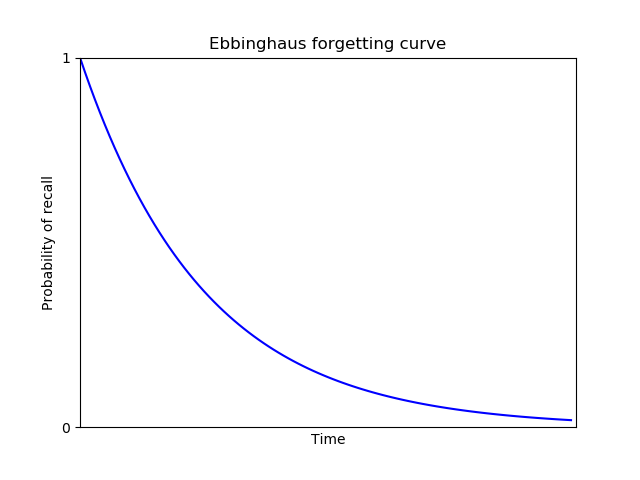Solomon Shereshevsky 以超级记忆力闻名
memex 外部记忆机器,汇总全部个人资料
[[Douglas Engelbart]] augmentation of human intelligence
[[Ted Nelson]] [[Project Xanadu]] hypertext, and, indirectly
Tim Berners-Lee world wide web
Anki makes memory a choice , rather than a haphazard event , to be left to chance.
- I describe some useful patterns of Anki use , and anti-patterns to avoid.
But, as we shall see, there are already powerful ideas about personal memory systems based solely on the structuring and presentation of information. - 从信息组织和展示的角度入手。
[[@Part I: How to remember almost anything: the Anki system]]
[[@Part II: Personal Memory Systems More Broadly]]
[[@Appendix 1: analysis of Anki study time]] Here’s a ballpark analysis of the effort required to study an Anki card for recall over 20 years
- 估算一张卡片记住 20 年需要花费的时间成本
[[@Appendix 2: Using Anki to learn APIs]]
Using spaced repetition systems to see through a piece of mathematics ^^有点琐碎,是的我认知不够^^
